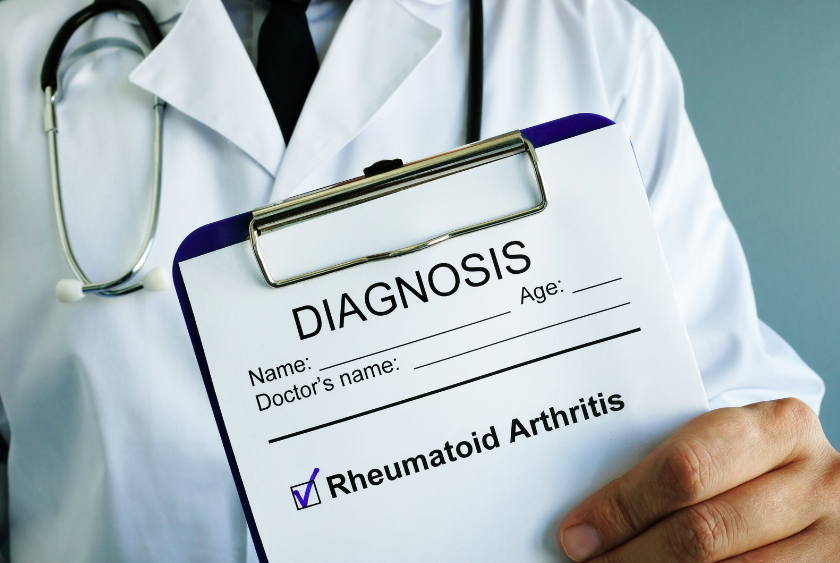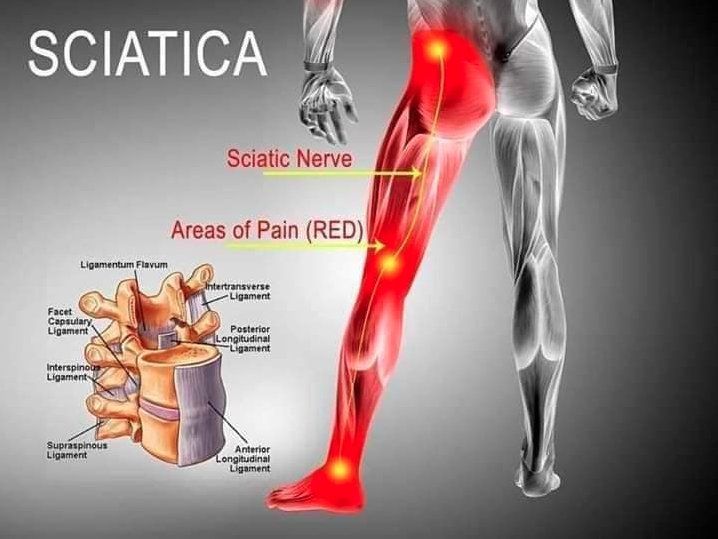Acupuncture for Rheumatoid Arthritis: A Complementary Approach to Managing Pain and Inflammation
Enhancing Rheumatoid Arthritis Management with Acupuncture: A Holistic Path to Relief

Rheumatoid Arthritis (RA) is a chronic autoimmune condition that primarily affects the joints, leading to pain, inflammation, and stiffness. While conventional treatments have been the cornerstone of RA management, many individuals are turning towards complementary therapies like acupuncture to find relief. This ancient practice, rooted in Traditional Chinese Medicine (TCM), offers a holistic approach to alleviating RA symptoms and enhancing overall well-being.
Understanding Rheumatoid Arthritis
Rheumatoid Arthritis is more than just occasional joint pain; it's a systemic condition that can significantly impact daily life. Key aspects of RA include:
- Persistent joint pain and swelling
- Morning stiffness lasting for hours
- Symmetrical symptoms affecting both sides of the body
Conventional RA treatments typically involve medications such as NSAIDs, corticosteroids, and DMARDs. While these can be effective, they often come with potential side effects and may not fully address the patient's quality of life.
Acupuncture: An Overview
Acupuncture involves the insertion of fine needles into specific points on the body to stimulate healing and pain relief. This practice is based on the principle of Qi (vital energy) flow, with disruptions in this flow believed to cause disease and discomfort. Modern science suggests that acupuncture may stimulate the nervous system, releasing pain-relieving endorphins and anti-inflammatory substances.
Acupuncture for Rheumatoid Arthritis
The application of acupuncture for RA is grounded in its potential to:
- Reduce joint pain and inflammation
- Improve mobility and reduce stiffness
- Enhance overall physical and emotional well-being
Recent studies have indicated that acupuncture can indeed be beneficial for individuals with RA, providing symptomatic relief and contributing to a more comprehensive management plan.
Combining Acupuncture with Other Holistic Therapies
Integrating acupuncture with other holistic approaches can further enhance RA management. Some complementary therapies include:
- Herbal Medicine: Using plant-based formulations to reduce inflammation and support immune system balance.
- Physical Therapy: Tailored exercises to improve joint function and reduce stiffness.
- Dietary Changes: Anti-inflammatory diets can support overall health and reduce RA flare-ups.
This multi-disciplinary approach encourages a holistic view of RA treatment, addressing not just the physical symptoms but also the emotional and lifestyle factors that contribute to the condition.
Integrating Acupuncture into RA Management
Incorporating acupuncture into your RA treatment plan requires a collaborative approach with your healthcare team. Here are some steps to consider:
- Consultation: Discuss acupuncture with your rheumatologist or primary care physician to ensure it's a safe option for your specific condition.
- Finding a Practitioner: Look for a licensed acupuncturist with experience in treating autoimmune conditions, particularly RA.
- Treatment Plan: Work with your acupuncturist to develop a tailored treatment schedule that complements your existing RA management strategies.
Conclusion
Acupuncture offers a promising complementary approach to managing Rheumatoid Arthritis. By addressing pain, inflammation, and mobility issues, it can play a crucial role in a comprehensive RA treatment plan. As with any therapy, it's essential to consult with healthcare professionals to ensure it's appropriate for your individual needs. With the right approach, acupuncture can be a valuable tool in your journey towards better health and quality of life with RA.
FAQ Section
- Is acupuncture painful? Acupuncture involves very fine needles and is generally not painful. Some people may experience a mild sensation when the needles are inserted.
- How many sessions are needed to see improvement? The number of sessions varies depending on the individual's condition and response to treatment. Some may feel relief after a few sessions, while others may require ongoing treatment.
- Can acupuncture replace my RA medication? Acupuncture should not replace conventional RA treatments but rather complement them. Always consult with your healthcare provider before making any changes to your treatment plan.
If you're living with Rheumatoid Arthritis and seeking additional ways to manage your symptoms, consider acupuncture as a potential complementary therapy. Discuss this option with your healthcare provider and explore how it can fit into your overall RA management strategy. Remember, the goal is to find the most effective combination of treatments that work for you, enhancing your quality of life and managing your RA symptoms more effectively.
Omaha Chiropractors and Acupuncture










